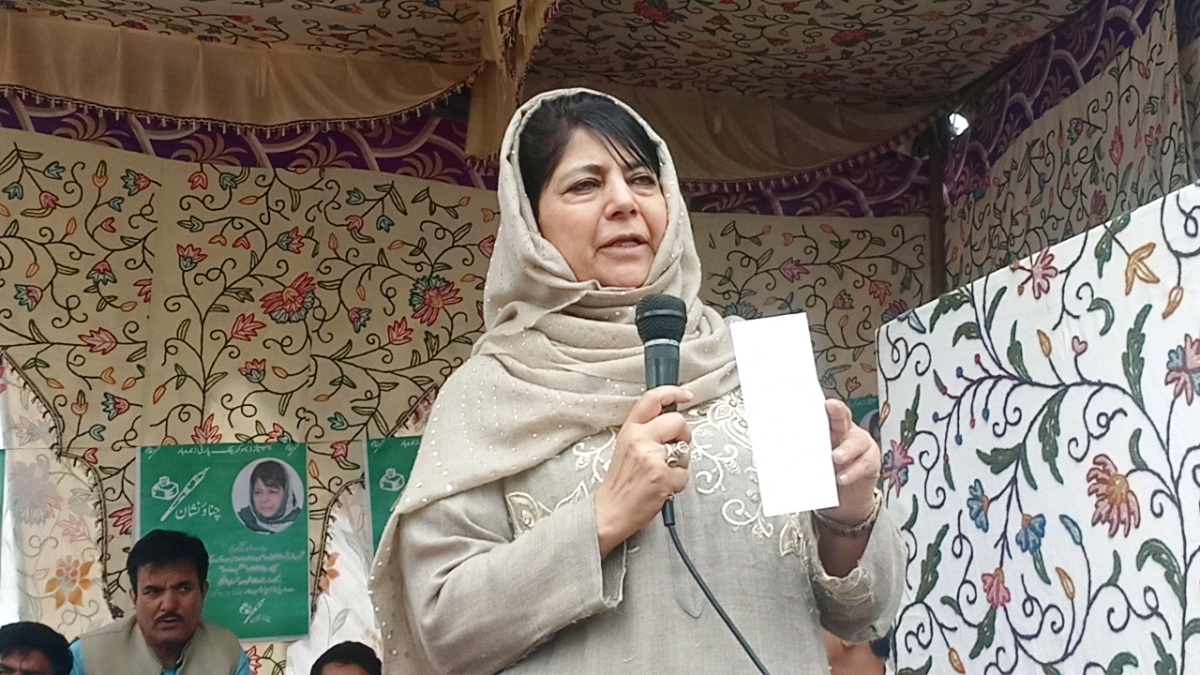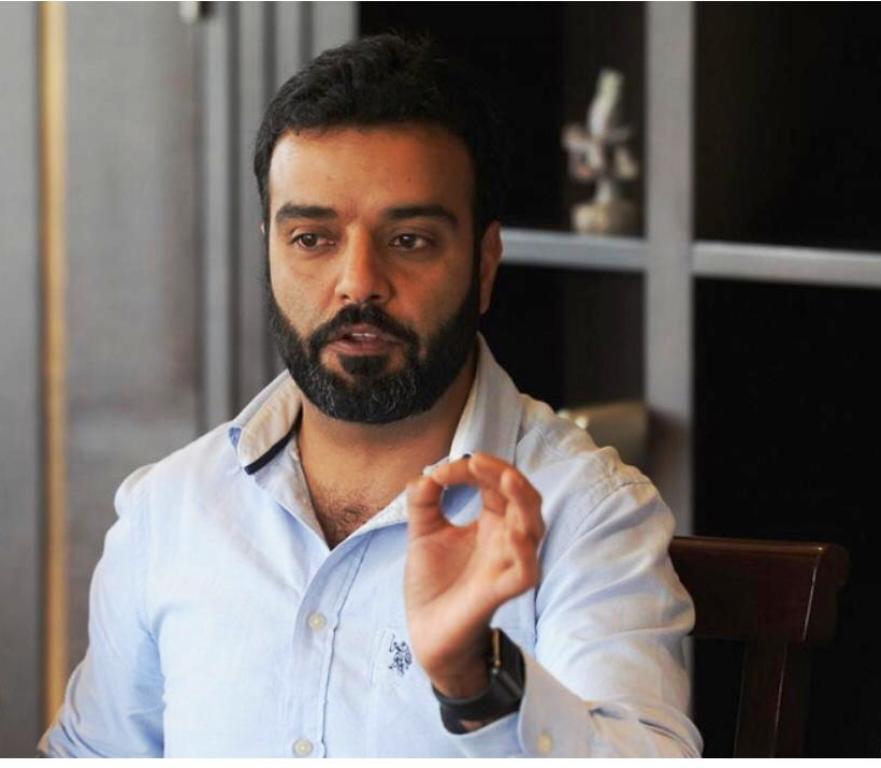SRINAGAR: Chairman of the Reconciliation, Return and Rehabilitation of Kashmiri Pandits, Satish Mahaldar said that the decision to hand over the bodies of two civilians killed in the Hyderpora incident is an acknowledgement of the fact that public power is supreme.

In a statement, Satish Mahaldar said the way people, including all the political leaders, civil society and other leaders supported the victim families shows that unity for causes is essential. The act also shows that the present dispensation at the helm is sensitive to the common people’s plight.
“The Governor has mandated magisterial inquiry into the encounter at Hyderpora, Srinagar to investigate and prosecute crimes committed in this conflict. We are hopeful that the inquiry will be conducted in a partial and fair manner,” said Mahaldar in a statement.
“What is at stake is the dispensation of justice and also the will to bring the truth to the fore. The governmental agencies have a lot to answer. Apparently what happened in Hyderpora was a result of a security operation, but loopholes are being cited,” he said.
“A lot of bloodsheds has occurred in our Kashmir valley and many, irrespective of religion. have died. It is high time that people think about this,” he added.
“Violence, killings in any form should be condemned by all. Let us altogether rise to make it categorical that violence of any kind will not be tolerated,” said Mahaldar in a statement.
“To maintain peace and security, and to that end to take effective collective measures for the prevention and removal of threats to the peace, and for the suppression of acts of aggression or other breaches of the peace, and to bring about by peaceful means, and in conformity with the principles of justice and National law, adjustment or settlement of disputes or situations might lead to a breach of the peace,” he said adding that to win over people & to develop friendly relations among people of state it should be based on respect for the principle of equal rights and to take other appropriate measures to strengthen universal peace.
“To achieve co-operation in solving international problems of an economic, social, cultural, or humanitarian character, and in promoting and encouraging respect for human rights and for fundamental freedoms for all without distinction as to race, sex, language, or religion; and To be a center for harmonizing the actions of nations in the attainment of these common ends,” said Malhaldar in a statement.
“The fundamental purpose of protection strategies in humanitarian crises is to enhance physical and psychological security or, at least, to reduce insecurity, for persons, groups and communities under threat, to reduce the risk and extent of harm to populations by seeking to minimize threats of violence, coercion and deliberate deprivation, reduce vulnerability to such threats, and strengthen (self-protection) capacities as well as enhancing opportunities to ensure safety and dignity,” he said.
“It is fundamental that humanitarian actors are fully familiar with human rights and respect them, and in any case never consciously violate them or do so due to negligence and lack of accountability. Humanitarian agencies have the obligation to provide assistance in a manner that is consistent with human rights. principled humanitarian action over the long term may legitimately become more complicated, with actors required to engage more deeply with the social and economic needs of communities enduring the entrenched impoverishment and deprivation brought about by long conflict,” said Satish Mahaldar in a statement.
“If efforts to stabilize peace, these services fail, then infrastructure and services become increasingly fragile systems of public provision. Humanitarian consequences escalate dramatically as systems fail and lives are lost, or because people are forced to seek alternative services,” he said.
“The victims of the Hyerpora incident must get justice and truth must come out. There are questions from both sides and answers are necessary as Kashmir has a history of falling into the trap set up by some across,” he added.
“Truth has been a casualty in Kashmir. And the plight of the minorities is also a part of it. They have also been waiting for justice,” said Satish Mahaldar in a statement.















